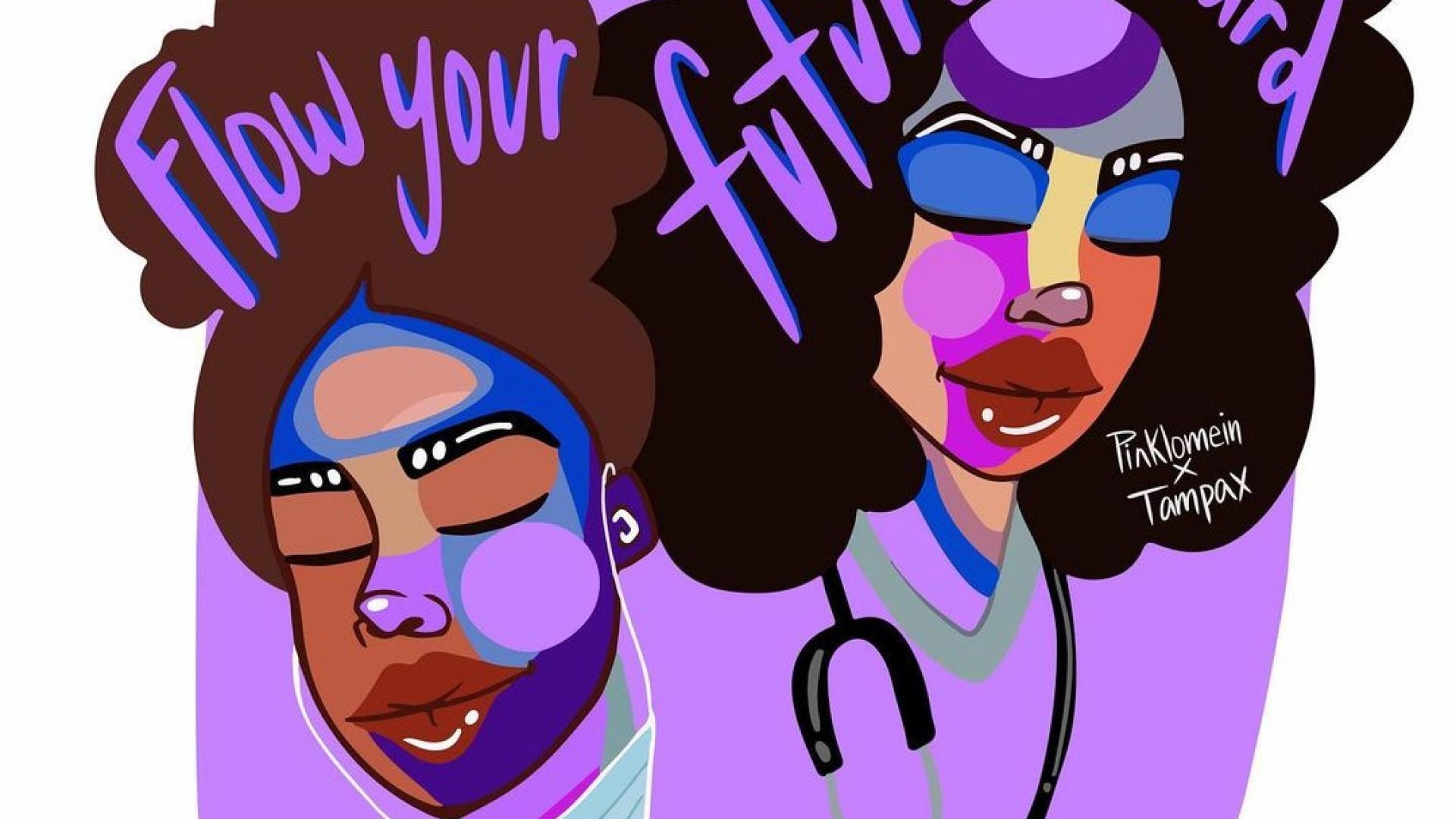
When Dr. Andrea Alexander was studying for her medical degree at Howard University’s College of Medicine, the Houston-based obstetrician and gynecologist says what kept her motivated as the years ticked by and the debt increased was her impact. She was aware of the difference she was making within the Black community, as Dr. Alexander was doing more than treating disease.
“It’s helping them in every aspect of their health care. So helping them to apply for insurance and to get insurance, helping them to afford funding for their medicine, finding cheaper alternatives for their medicine. Working with other companies to make sure they have coupons to obtain their medication. I think that really helped me not even think about the financial burden,” she tells ESSENCE. “When you see something, like you’re preserving life or helping to save lives, it kind of helps you to not think about it.”
But the debt, she admits, was stressful. For others, it can truly be crippling as a young person trying not only to pursue goals, but also help others, impacting the desire to complete the number of years necessary to practice in a range of health-care professions. That’s why Tampax has created a scholarship in the hopes of helping Black women pursue medical careers. The Flow It Forward Scholarship Program from the tampon- and feminine-products brand, created in partnership with Procter & Gamble’s $5 million Take on Race Fund, is meant to aid in bringing about equal representation in health care. That can have a substantial benefit on the communities being served, particularly communities of color that face well-documented disparities in care. As Black women reportedly comprise less than three percent of U.S. doctors, the scholarship, which is a four-year allotment of $200,000 annually through the United Negro College Fund, will bring about the next group, and generation, of Black women physicians.
As one of the few Black woman obstetricians in her peer group, Dr. Alexander says financial support like the Flow It Forward Program is significant. The value of physicians like her, for example, is noteworthy for Black women, as many deal with uterine disorders.
“There’s a lot of stigma and a lot of stereotypes in the Black community as to why we have these uterine issues,” she says. “Like, ‘do I have fibroids because I’ve been getting perms my entire life? Is it because of milk?’ Things like that, we can help to dispel the myths and help to share the research behind it. Whereas another physician, not saying that they 100 percent would do this, but they would more likely be like, ‘Oh no, that’s just not true,’ right? Versus someone like us relating and being like, ‘Listen, I got perms too for like 20 some odd years. That’s not true.’ So it’s not only dispelling the myths, but also providing education in a way that relates to your patients, which is why I think it’s so important for Black female physicians to be present.”
She adds, “I think there’s a lot of talk about universal health care. And I keep telling people, you can’t give universal health care unless you put more Black and brown bodies inside of medical schools. That’s why I was really happy when Tampax was saying that they wanted to provide this scholarship, because if you put a quarter million dollars on a medical degree, you’re just not going to see a lot of Black and brown students. So the fact that they’re helping with $200,000 annually for four years, that’s a lot of money.”
The scholarship has two groupings. It’s supplying money to Carmichael Scholars within the pre-med program at Xavier University in Louisiana specifically (nine have been chosen), but also providing funding for students pursuing any degree in the health care field attending an HBCU within the UNCF network (applications for this first rollout have been received and are currently being reviewed).
The Flow It Forward project will also support the Girlology Period Education Program, which is a community-focused program to bring reproductive health and period education to disproportionately underserved communities. And it will also contribute to the Black Women’s Health Imperative, donating 100,000 Tampax products and committing to amplifying period education programs that benefit Black women and girls.
For Dr. Alexander, who is helping to get the word out to Black female students about this opportunity, the scholarship is not only a great chance at providing much-needed representation, but to also encourage more people to study at historically Black colleges and universities, which she says is crucial for both the the students and the schools.
“It’s helping us to learn in our own environments,” she says. “It’s helping us to learn Black history because we learn Black history at HBCUs more often than not. So that’s why I’m super excited and I think it’s so important to attend HBCUs. Whether it be undergrad or graduate school, secondary school, that is something that I am truly passionate about pushing.”